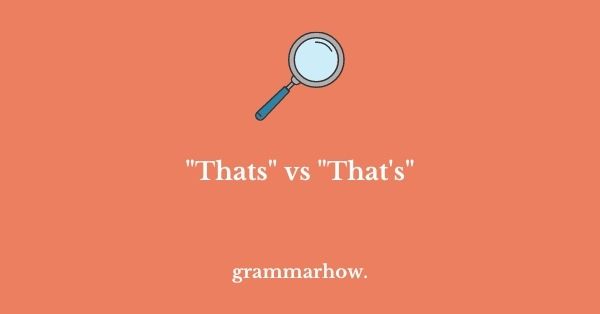Elses or Else’s? (Correct Possessive Form)
“Else” is a word that appears in plenty of areas in written and spoken English. You could say “anyone else,” “everyone else,” or “someone else” (amongst other variations). This article will look at the correct possessive forms you can use when demonstrating ownership. Elses or Else’s: Which Is the Correct Possessive Form? The only correct …

